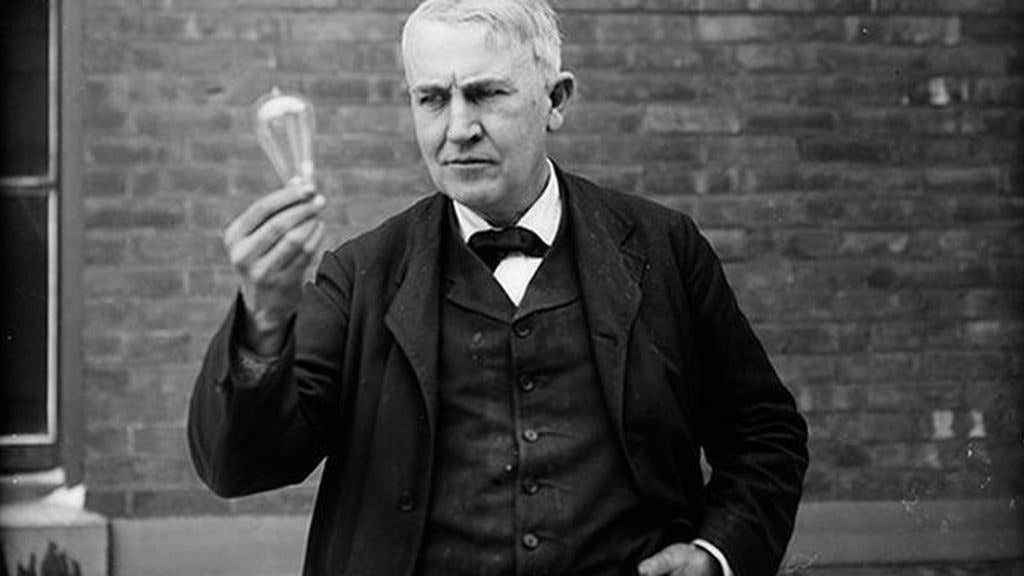Heart-healthy habits prevent cancer, Alzheimer’s, COPD, other diseases
Heart-healthy habits protect your body and brain, cut disease risk, and improve quality of life, a new Emory study finds.

Simple heart-healthy habits can boost brain power, protect your senses, and reduce disease risks across the body. (CREDIT: CC BY-SA 4.0)
In 2010, the American Heart Association (AHA) introduced a new way to define cardiovascular health. This approach, known as Life’s Simple 7, or LS7, shifted the focus from treating heart disease to preventing it. Rather than waiting for illness to strike, it encouraged people to take action early—before symptoms ever appeared.
The LS7 score combined seven key elements: not smoking, eating healthy, staying active, maintaining a healthy weight, and controlling blood pressure, cholesterol, and blood sugar. A few years later, the AHA expanded this to Life’s Essential 8 by adding sleep to the list.
Now, over a decade later, a groundbreaking study from Emory University shows how far-reaching the benefits of these habits really are. Published in the Journal of the American Heart Association, the review draws on nearly 500 studies to show that keeping your heart healthy also protects your brain, lungs, muscles, and even senses like sight and hearing.
A Healthier Heart Supports a Stronger Brain
The study reveals that habits that protect your heart also sharpen your mind. Regular physical activity, nutritious meals, and good sleep help keep blood vessels strong and promote good blood flow to the brain. This helps delay or even prevent diseases like Alzheimer’s and dementia.
Exercise boosts the birth of new brain cells and strengthens the connections between them. Foods rich in antioxidants and healthy fats protect against cell damage. Sleep helps clear out harmful waste from the brain, while low stress keeps your mind sharp.
According to Dr. Liliana Aguayo, lead researcher of the study and professor at Emory’s School of Nursing, the link between heart and brain health is much stronger than once believed. She explains, “Almost every organ system and bodily function from head to toe benefit from a heart-healthy lifestyle.”
Related Stories
- 5-minute daily breathing workout lowers blood pressure and boosts heart health
- Obesity drugs show heart health benefits beyond weight loss
- Blocking this one enzyme protects the heart from high-fat diets
Clearer Sight, Sharper Hearing, and Stronger Teeth
Surprisingly, heart-friendly habits also protect your eyes, ears, and mouth. High blood pressure, for example, can damage the tiny vessels in your eyes and ears, leading to vision loss or hearing problems. Smoking and poor nutrition also speed up tooth decay and gum disease.
By staying active, eating a vitamin-rich diet, and keeping your blood pressure in check, you improve the flow of oxygen and nutrients to your sensory organs. That helps them function better for longer. And giving up smoking has immediate benefits for your senses and oral health. The study also found that regular movement improves circulation, which keeps your teeth, eyes, and ears healthier as you age.
Fewer Chronic Diseases, Longer Life
One of the strongest messages from the Emory review is that heart-healthy habits do far more than just protect your heart. They dramatically reduce your chances of developing many major diseases. These include type 2 diabetes, cancer, chronic lung disease, kidney failure, fatty liver disease, depression, and even infections like pneumonia.
Researchers found that people who scored high on the LS7 or the updated Essential 8 had fewer hospital visits and lower healthcare costs. They also experienced better mobility, fewer disabilities, and longer life spans. Maintaining a healthy weight and eating well help regulate metabolism, prevent inflammation, and strengthen the immune system. Regular exercise boosts insulin sensitivity and lung function, while stress management keeps hormone levels stable.
By practicing these habits every day—eating balanced meals, moving your body, getting good sleep, and avoiding tobacco—you reduce the load on your organs and protect yourself against many types of illness.
Better Mood, Less Stress
Good physical health is closely tied to mental well-being. People who follow heart-healthy routines report feeling less stressed and more emotionally balanced. Exercise releases feel-good chemicals in the brain, while healthy foods fuel your mood by supporting brain chemistry. Adequate sleep improves emotional control, and mindfulness practices help reduce the body's main stress hormone, cortisol.
The Emory study found that these habits often go hand in hand. People who exercise tend to sleep better. Those who eat well often experience more stable moods. And when you manage your stress, you’re more likely to make healthier choices overall. This creates a positive cycle that improves both mental and physical health at once.
The Role of Lifestyle Brands and Wellness Tools
In today's digital world, it’s easier than ever to track your health and build better habits. Many wellness apps and wearable devices now support heart-healthy living. Fitness trackers can monitor your steps, heart rate, and sleep quality. Nutrition apps offer meal plans tailored to your needs, helping you eat smarter without overthinking it.
Some brands go a step further, combining coaching, community support, and guided challenges to keep you motivated. Products like omega-3 supplements, stress-relief tools, and sleep aids can also help you stay on track. These resources don’t replace healthy habits, but they make sticking with them easier.
As researchers point out, even small improvements in your daily routine—like walking more, eating fewer processed foods, or turning off screens before bed—can lead to big changes in your overall health.
Looking Ahead: Health from Head to Toe
The Emory review calls for more studies on underrepresented groups, such as children and pregnant women. It also urges healthcare professionals to include lifestyle advice in regular care, not just when something goes wrong.
Ultimately, the message is clear: taking care of your heart benefits your entire body and mind. Whether it’s preventing disease, improving your mood, or helping you stay independent as you age, the rewards of heart-healthy habits go far beyond the heart.
By adopting a few simple practices each day, you create a foundation for lifelong wellness. You don’t need to overhaul your life overnight—just start where you are. A walk around the block, a colorful plate of food, or a few extra hours of sleep can all make a meaningful difference.
Note: The article above provided above by The Brighter Side of News.
Like these kind of feel good stories? Get The Brighter Side of News' newsletter.



